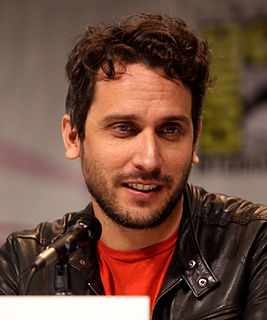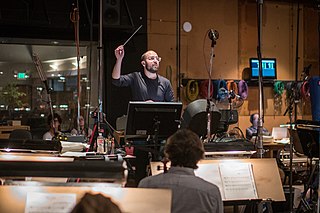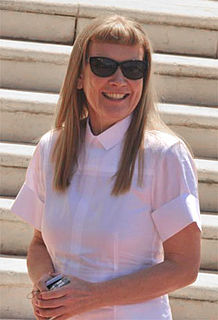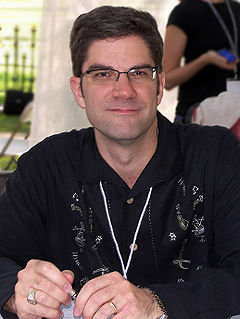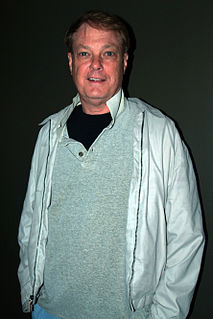A Quote by Fede Alvarez
For me it sounds weird saying that the filmmakers respect the film. I don't imagine that there's other ways to make a film, but unfortunately there is.
Related Quotes
African films should be thought of as offering as many different points of view as the film of any other different continent. Nobody would say that French film is all European film, or Italian film is all European film. And in the same way that those places have different filmmakers that speak to different issues, all the countries in Africa have that too.
The motion picture is like journalism in that, more than any of the other arts, it confers celebrity. Not just on people - on acts, and objects, and places, and ways of life. The camera brings a kind of stardom to them all. I therefore doubt that film can ever argue effectively against its own material: that a genuine antiwar film, say, can be made on the basis of even the ugliest battle scenes ... No matter what filmmakers intend, film always argues yes.
I get to work with incredibly talented young filmmakers and students, and their attitudes and relationship with film is still so pure. That re-inspires me and reminds me why I got into it and what I love about film, and allows me a little reprieve from the business side of it. And it rekindles my love of film.
To me, a revolutionary film is not a film about a revolution. It has a lot more to do with the art form. It's a film that is revolting against the old established language of cinema that had been brainwashing the people for decades. It is a film that is trying to find ways to use sound and image differently.
No one forces me, or any other writer, to sell a film option on the books. If you don't want to run the risk that the filmmakers may adapt your work in a way you don't like, then you don't sell the option. You know when you sell it that they will have to make some changes, just because film and TV are different media than books.
